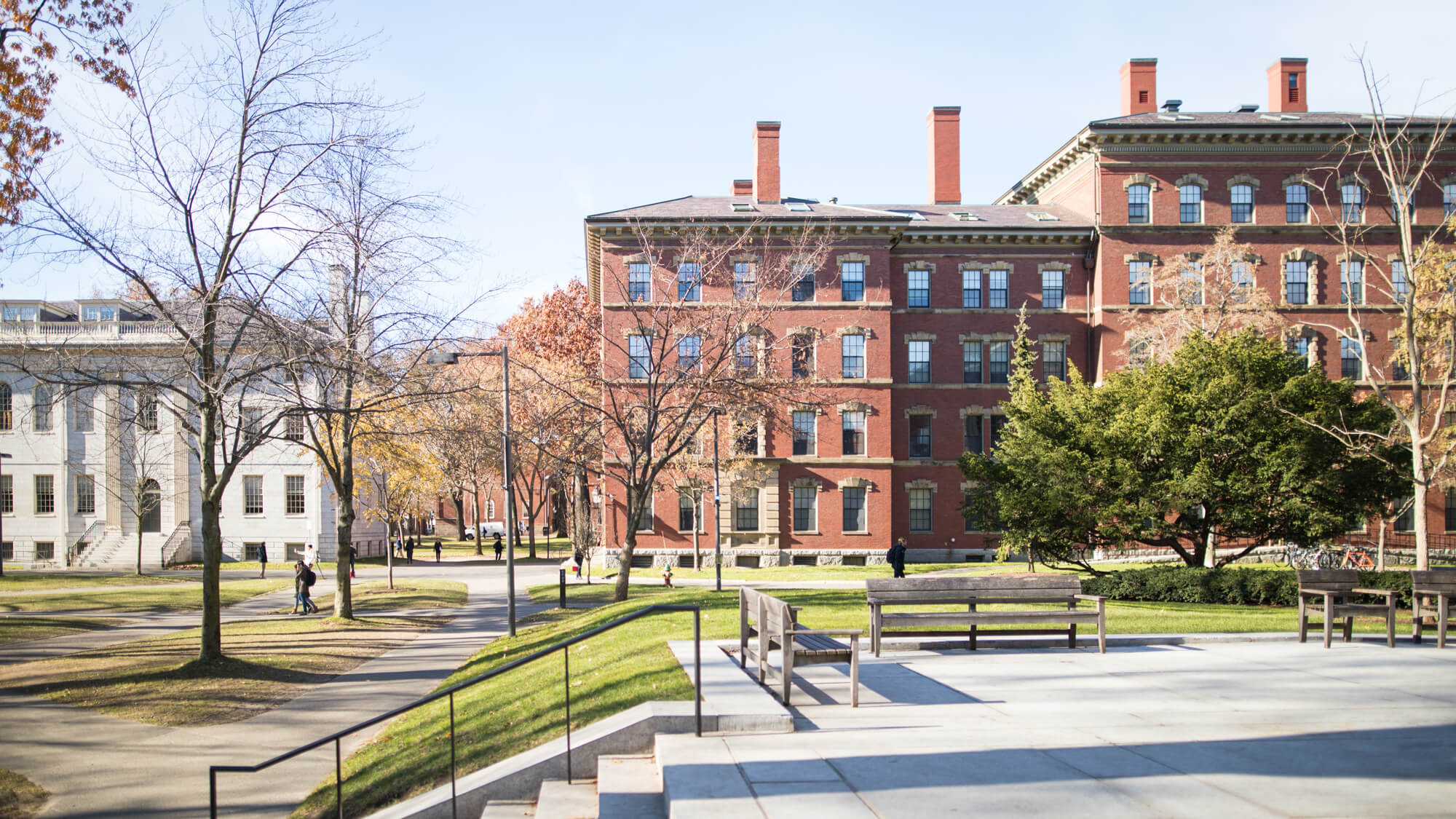4 Strategies for First-Generation College Applicants
February 24, 2016 :: Admissionado
Applying to college can be an intimidating process for any student.
For an applicant who is the first in his or her family attend a four-year college, this process is especially daunting. Decisions about which schools to apply to, how the college application process even works, whether to leave the family, or how to afford the cost of a college education are issues that pose hurdles for first-generation to college students in particular.
As the daughter of immigrant parents from South Korea, education was always central. When my parents moved to America, their expectation around who their kid was going to be involved attending a “good” college and pursuing opportunities they never had. They were my biggest cheerleaders and I’m fortunate in that way. But there was still a lack of home support. Because my parents didn’t go to a four-year college and still struggled with English, they couldn’t offer guidance or academic support when I was applying for schools.
My turning point was seeking help from a couple great teachers and coaches in high school who helped me get on track for college. With their support, I pursued applying to schools that would challenge me to do my best.
For anyone who is the first in his or her family to apply to college, here are 4 strategies that can help you prepare.
1) Look for college resources outside of your school
One of the biggest problems first-gen students and their families face is lack of familiarity with the educational systems in place. In major cities, even public school districts require students to go through an intricate lottery or application process to get into the coveted middle schools and high schools with magnet or gifted programs.
Ideally every student can grow up attending schools with a college-going culture where students are encouraged to aim high, but access to these types of opportunities is often dependent on one’s zip code and background.
For those students who want to go to college but whose high school can’t offer high quality college guidance, check out these organizations:
- I’m First is an online community for first-generation college students—and their supporters. Sign up to hear inspiring stories and share your own, discover colleges that care about first-gen students, and receive guidance on the road to and through college.
- East Village Youth Program is a tutoring and mentoring organization based in Chicago for lower-income, mostly minority middle school and high school students who would like to go to college. The program starts students off early so that they know how to navigate the Chicago Public School system and do what it takes to prepare for college in terms of entrance exams and then helps them through college so that they can be successful.
- Chicago Scholars is a non-profit organization that provides free mentoring and college advising to high-achieving low-income students who reside in the city. Apply for the program here.
2) Connect to a mentor that can provide real-world guidance
Fact. TV and movies rarely depict college life or their selection process accurately. Thankfully, online resources for college are more convenient and accessible than ever, but they still require a great deal of concentration, time and guidance. Many first-gen students navigate through the application alone, and may not even possess the language to explain the college bureaucracy to their parents.
Pursuing mentorship relationships with your teachers, coaches, or adults from community-based organizations (see above) can help you make more informed choices that can maximize your high school and college experience.
3) Find scholarships and apply to appropriately rigorous colleges
Some of you may be figuring out how to afford a higher education at the same time your parents are. Many first-gen families don’t start saving for college until it’s too late or don’t have the means to do so at all, so the burden falls even heavier on the student.
This may lead you to rule out selective schools assuming they’re out of your price league. But the reality is a well-endowed private college can be the most affordable option for qualified first-gen applicants.
For the past few years, Ivy-League universities like Princeton and Brown have offered a full ride (tuition, room, and board) for families making less than $60,000 per year. Others have eliminated loans altogether (so your financial aid package typically includes a combination of grants and work-study jobs).
But not all colleges have the resources and capacity to respond to student needs. I highly recommend checking out organizations like I’m First to apply for one of their renewable scholarships and College Green Light, which offers a scholarship database specifically for first-gen students.
Bonus Application Tip: Share your first-generation college background
The additional information section on the Common Application is an ideal place for you to write an essay that highlights how your life has been shaped by having parents who did not attend college. It is also an opportunity to demonstrate what attending college means to you!
First-gen students are in this together…
I understand the decision to attend college is a huge step not only for you but also for your entire family.
While it’s a amazing feat to be proud of, it can be a struggle to navigate the college application process, then to succeed at the university level, alone. Universities have made a lot of progress in supporting first-gen students, from bolstering their mentoring programs to adding articles about socioeconomics to faculty readings on diversity. But there is still work to do. More on this in the next post…
Need some help with a college application? That’s what we’re here for!




